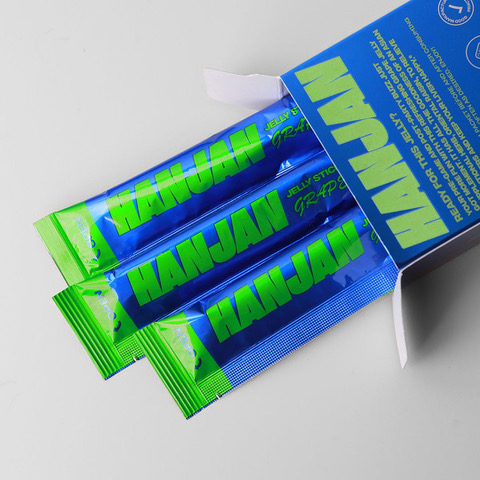Summer International uses social media data to launch new beauty brands • ZebethMedia
If you follow #beautytok, #beautytube or any beauty content on social media platforms, you know that popular product trends are hard to keep up with. Summer International stays ahead of the game by identifying the most influential content creators, and working with them to incubate new brands. Founded in Singapore and based in Los Angeles and South Korea, Summer International announced today it has raised a $5 million seed round from investors including GDP Ventures, Teja Ventures, Gushcloud International and Singaporean angel investors Koh Boon Hwee and Shirley Crystal Tan. NYX founder and Bespoke Beauty Brands CEO Toni Ko will also join Summer International as a strategic investor. NYX was acquired by L’Oreal in 2014 for about $500 million. Summer International co-founder and CEO Xiaoski Kuik said the company’s goal is to create an ecosystem to help influencers and creators launch and sell beauty brands using consumer data and analytics. It operates in the United States, South Korea, Singapore, the Philippines and Indonesia. The company launched in 2018 along with Gushcloud International, an influencer marketing firm. Since then, Summer International has incubated brands like skincare line Baby Face with Singaporean influencer Jamie Chua, who has over 1.2 million followers, and wellness brands HANJAN, which launched in April at Coachella and recently struck a partnership with singer Nicole Scherzinger. Kuik told ZebethMedia that Summer International looks for creators and influencers who have a strong connection with their audience based on engagement rates, how active they are a video-first platforms and whether they have a strong localized community and global presence. “Many times, creators seek us out because of our reach and resources,” she said. “We have our own supply chain and we have the power to distribute brands across Asia via our social commerce and live distribution platforms. Our goal is to establish these top influencers as founders of the next-gen beauty, skincare and wellness brands and to provide them with the access and necessary resources they need to break into the market.” Other companies that also work with creators to launch brands include Pietra and Forma Brands. Ko said Summer International differentiates by owning its own distribution network and it also has a network of live commerce and social commerce distributors, mainly micro influencers based in Southeast Asia. “It gives us the ability to understand data of what consumers want and would buy and this allows us to collaborate with creators to build brands in a more cost-efficient manner,” Kuik said. Summer International’s live commerce distribution network helps it understand what brands and products consumers from different parts of Southeast Asia want to buy. It also provides data points like pricing and demographics to create new brands and market them. Summer International brands are sold through a mix of digital and offline channels, including e-commerce platforms, social and live commerce platforms and big box stores. They are also available on Summer.store, the company’s proprietary social commerce network.









